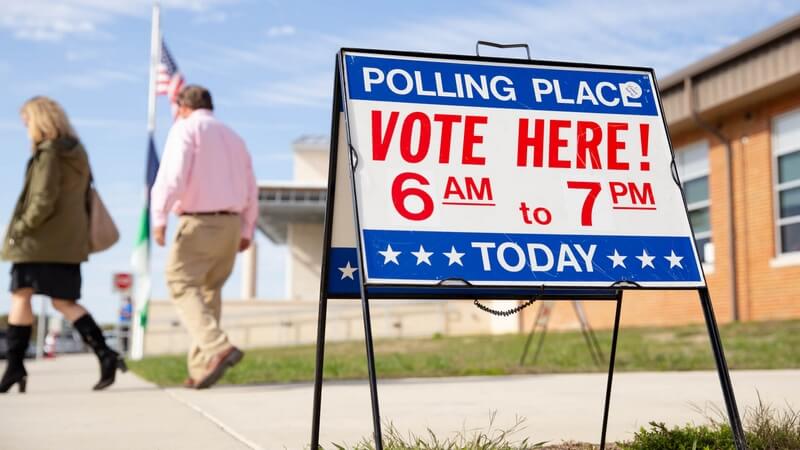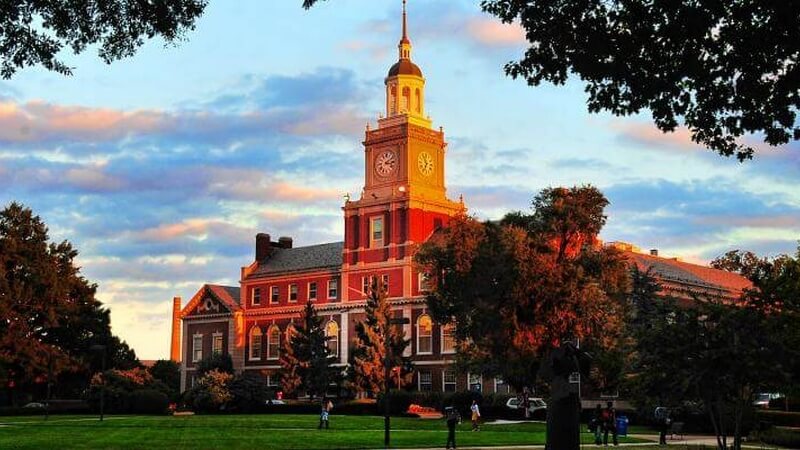Local government offices are the backbone of community administration, carrying out a wide array of essential duties that affect every aspect of our daily lives. From public safety to economic development, these offices ensure the smooth functioning of local communities. By understanding their roles and effectively engaging with them, residents can play an active part in shaping their communities and accessing vital services. Stay informed, stay engaged, and make the most of the resources your local government provides.
A Comprehensive Guide to the Duties of Local Government Offices
Local government offices are fundamental to the administration and functioning of cities, towns, and counties. These offices handle a myriad of responsibilities essential for maintaining public health, safety, and welfare, and they play a crucial role in delivering services that directly impact residents' daily lives. Understanding the duties of local government offices can empower citizens to engage more effectively in their communities and access the services they need. Here’s a comprehensive guide to the various functions and duties of local government offices.
1. City Hall and Municipal Administration
City halls serve as the administrative hubs for municipal governance. The duties performed here include:
- Mayor’s Office: Provides leadership, oversees municipal operations, and represents the city in formal capacities both within and outside the community.
- City Council: Acts as the legislative body, enacting ordinances and resolutions, approving budgets, and addressing constituents' concerns.
- City Clerk: Maintains public records, including meeting minutes, ordinances, and resolutions. Also handles public inquiries and provides access to official documents.
- Finance Department: Manages the city's budget, financial planning, tax collection, and payroll services.
- Human Resources: Oversees employee recruitment, benefits administration, and workforce development for city employees.
2. Public Safety
Local government offices responsible for maintaining public safety include:
- Police Department: Enforces laws, conducts investigations, provides community policing services, and ensures public order and safety.
- Fire Department: Responds to fire emergencies, provides fire prevention education, conducts inspections, and emergency medical services.
- Emergency Management: Prepares for, responds to, and recovers from emergencies and disasters. This office coordinates with other local, state, and federal agencies in crisis situations.
3. Public Health and Social Services
These offices ensure the wellbeing of the community through various health and social service programs:
- Public Health Department: Manages programs focused on disease prevention, vaccinations, health education, and environmental health. Oversees local health clinics and regulatory compliance for food establishments.
- Social Services Department: Provides assistance programs such as food stamps (SNAP), Medicaid, housing assistance, and child welfare services.
4. Public Works and Infrastructure
Tasks related to the maintenance and development of local infrastructure include:
- Public Works Department: Responsible for the maintenance of public facilities, roads, bridges, and public parks. Oversees sanitation services, water supply, and waste management.
- Transportation Department: Manages public transportation systems, traffic control, sidewalk maintenance, and transportation planning.
- Building and Zoning: Oversees building permits, inspections, and compliance with zoning laws. This office ensures that new construction and renovations comply with safety regulations and land use plans.
5. Economic Development
Local governments also focus on fostering economic growth and development:
- Economic Development Office: Works to attract new businesses, support existing businesses, and develop economic strategies. Engages in grant writing and public-private partnerships to stimulate local economies.
- Tourism Department: Promotes local attractions, organizes events and festivals, and works to boost tourism-related revenue.
6. Education and Recreation
Ensuring access to education and recreation services is another key duty:
- School Board: Administers public school systems, making decisions on school policies, budgets, and curriculum standards.
- Parks and Recreation Department: Manages public parks, recreational facilities, sports leagues, and community events. This department aims to enhance the quality of life by providing safe and accessible recreational opportunities.
7. Environmental Services
Protecting the local environment and promoting sustainability are critical functions:
- Environmental Services Department: Manages waste and recycling programs, conducts environmental assessments, and enforces local environmental regulations.
- Sustainability Initiatives: Oversees projects focused on reducing energy consumption, promoting renewable energy, and enhancing green spaces within the community.
8. Housing and Community Development
Local governments are tasked with fostering community growth and improving living standards:
- Housing Authority: Provides affordable housing solutions, administers housing vouchers, and manages public housing units.
- Community Development Office: Works on urban planning, revitalization projects, and grants for community improvement. This office frequently collaborates with nonprofits and local stakeholders.
9. Legal Services
Ensuring legal compliance and providing legal support to other departments are crucial activities:
- City Attorney: Advises the local government on legal matters, represents the city in legal proceedings, and drafts ordinances and contracts.
10. Utilities Management
Ensuring that residents have access to essential utilities is a critical duty:
- Water and Sewer Department: Manages the supply of clean water and the treatment of wastewater. Oversees infrastructure projects and ensures compliance with health regulations.
- Electric and Gas Services: In some municipalities, the local government office also manages electric and gas utilities, ensuring consistent supply and maintaining infrastructure.
How to Engage with Local Government Offices
Understanding the duties of these offices can enable more effective interaction with local government:
1. Identify the Relevant Office: Understand which office is responsible for your specific needs. Websites and community resource guides can be valuable tools for this.
2. Contact Information: Make use of official websites, phone directories, and local community centers to find contact details for the relevant department.
3. Prepare Documentation: Having the necessary documentation ready can expedite your request and ensure smoother interactions.
4. Public Meetings: Attend city council meetings and public hearings to stay informed about local government actions and participate in decision-making processes.
Conclusion
Latest Articles
In This Article
- 1. City Hall and Municipal Administration
- 2. Public Safety
- 3. Public Health and Social Services
- 4. Public Works and Infrastructure
- 5. Economic Development
- 6. Education and Recreation
- 7. Environmental Services
- 8. Housing and Community Development
- 9. Legal Services
- 10. Utilities Management
- How to Engage with Local Government Offices


